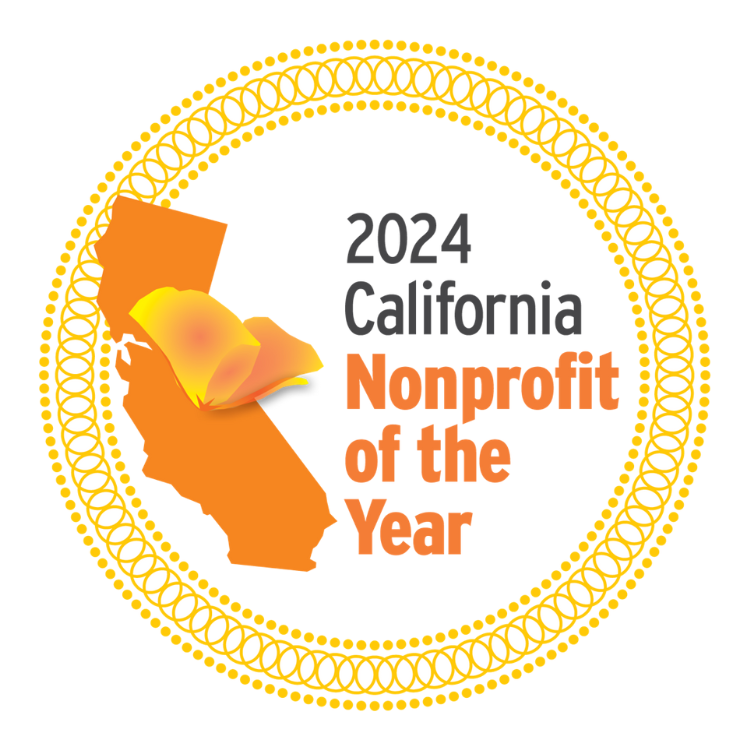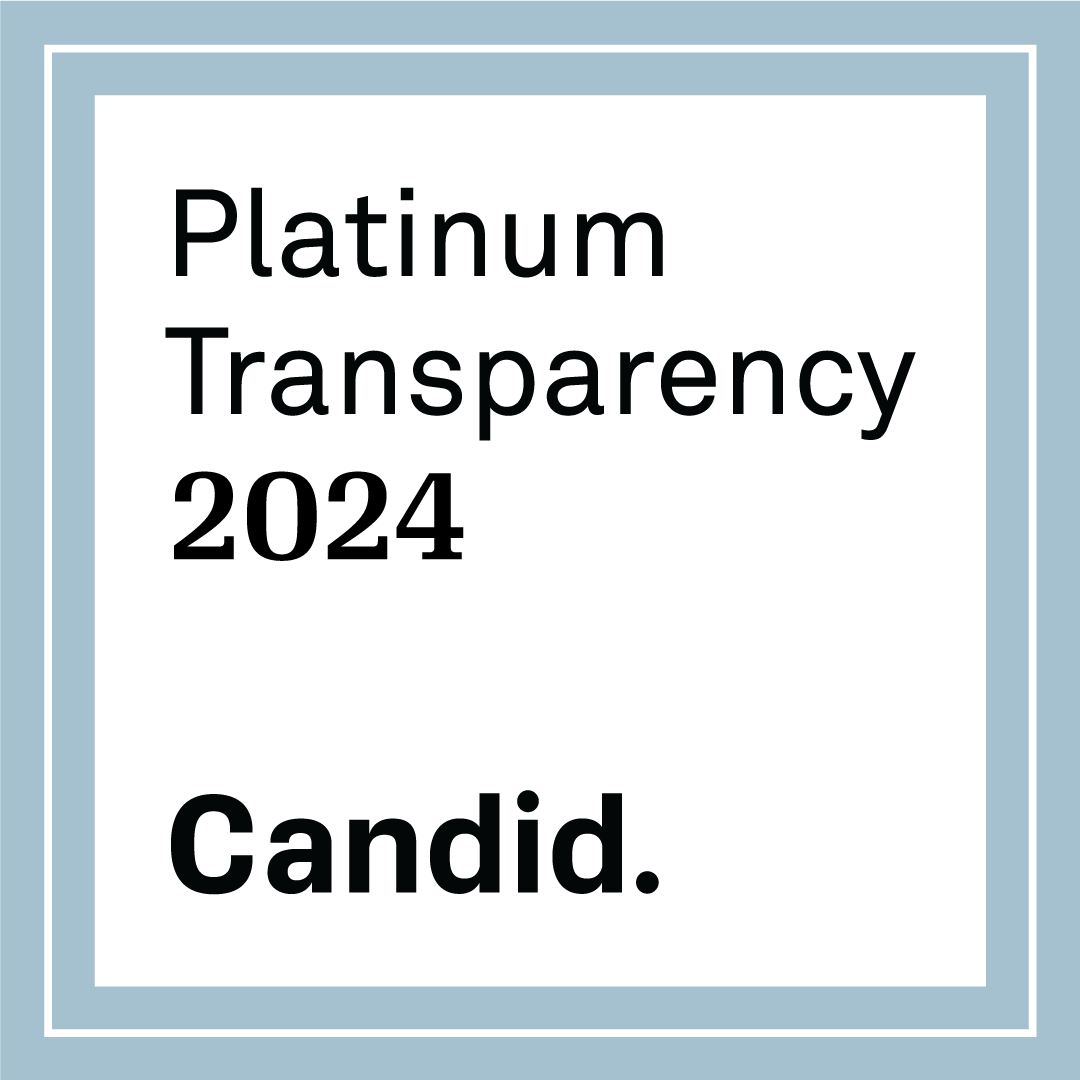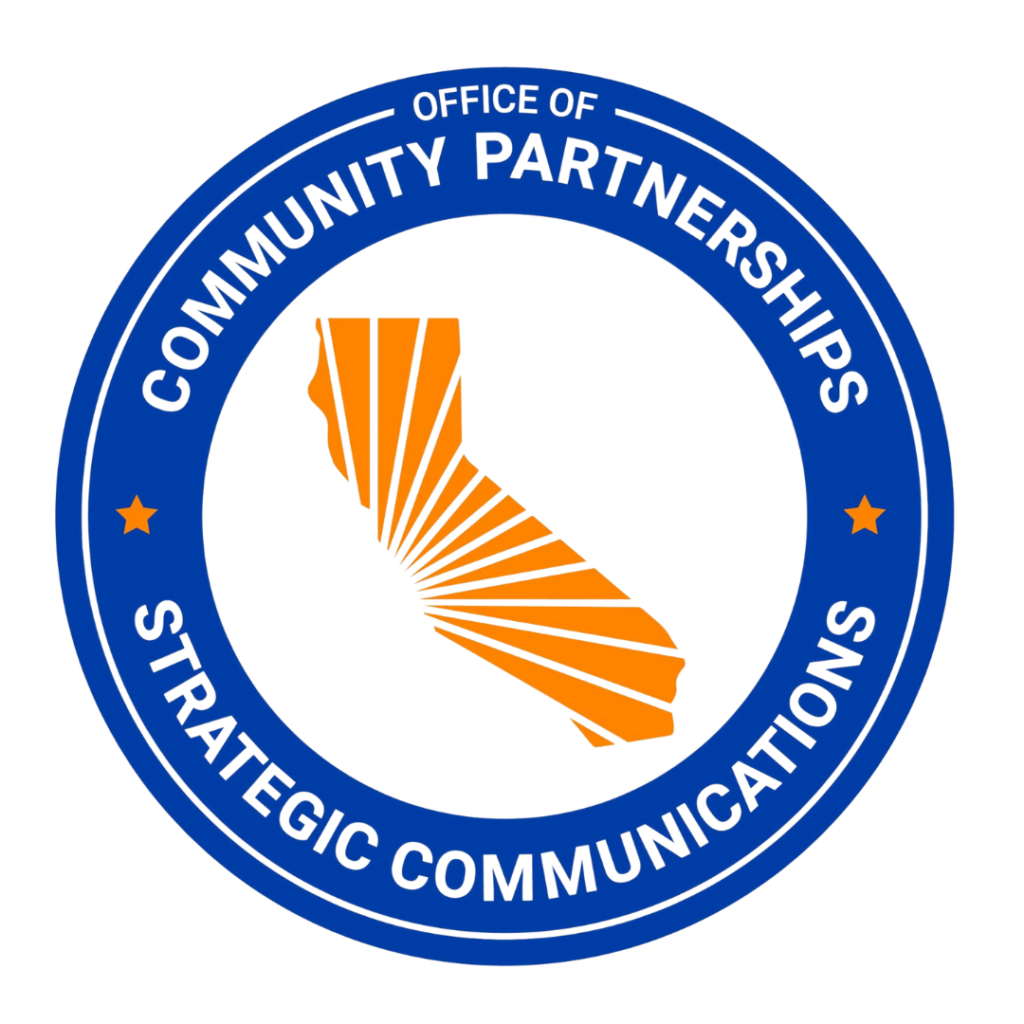What Enforcement Actions Does Coastkeeper Take to Protect Water Quality and Public Health?
The United States Environmental Protection Agency established the Clean Water Act in 1972, implementing pollution control programs such as setting wastewater standards for industry. Through Coastkeeper’s Public Health Enforcement Program, we work to ensure the standards set by the Clean Water Act are upheld and met in Orange County.
To accomplish this, our teams go out into the field to identify water quality violations in Orange County, and then we use one of the most effective and efficient tools we have to protect them – litigation.
Our enforcement program also directly defends water quality standards. Ultimately, our enforcement goals revolve around making water swimmable, drinkable and fishable for the public.
Why is Litigation an Important Tool in Protecting Our Waters?
The biggest threat to water quality is stormwater pollution from industrial facilities. Simply put, stormwater runs untreated into our storm drains when it rains, eventually finding its way into our waters. Runoff from industrial facilities results in extremely high levels of pollution and toxins in our stormwater. When highly polluted stormwater empties into our bays and ocean, we experience beach closures that impact businesses, recreation, the economy and public health.
Coastkeeper turns to the law to prevent these impacts and is the leading organization using litigation to ensure water quality is safe in Orange County. With a 100 percent success rate, our enforcement program has helped 100+ facilities come into compliance and garnered settlements from these cases for environmental projects to mitigate the harm caused by the defendant’s discharge.
How Does Coastkeeper Use Enforcement to Prevent Industrial Stormwater Pollution?
Litigation
Our goal is to get companies into compliance with federal clean water laws and provide engineering solutions to assist them in cleaning up the pollution. To do this, we conduct water quality testing at the location of industrial facilities to identify sources of pollution and violations. Once a pollution source has been identified, we notify the facility and give it time to come into compliance. If the facility is unresponsive, we move to the next phase in the process — litigation.
We litigate against these industrial polluters under the Clean Water Act in federal court. This can be a lengthy and expensive process, as opposed to working with us to develop best management practices and come into compliance. Once a case is settled, we monitor facilities to ensure they stay in compliance.
Advocating
The other side to our enforcement program in making sure businesses and industrial facilities adhere to the clean water laws is advocating to ensure that the permits that regulate stormwater and urban pollution get stronger over time.
In the Clean Water Act, the Environmental Protection agency created an anti-backsliding provision to prevent the weakening of permits that protect and improve water quality. In fact, these permits are supposed to get stronger.
We work to ensure that our local city and state laws meet the standards of the federal clean water laws. If we allow the laws and permits to be undermined, then facilities will continue to pollute our waters and we will no longer be able to enjoy them.
Where Does the Settlement Money Go From the Cases?
Coastkeeper is able to retain our attorney fees and costs for litigation — including expert costs — as well as money for environmental projects to mitigate the harm caused by the defendant’s discharge.
Coastkeeper has won over $3 million in local environmental projects focused on improving water quality and environmental education for our youth.
The settlements from these cases go into the Orange County and Inland Empire Public Interest Green Fund. Grants from this fund are then made available to nonprofits and federally recognized tribes for environmental projects. Grants have been given to organizations such as:
- Bolsa Chica Conservancy
- Chino Hills State Park
- Newport Bay Conservancy
- Trails4All
- Los Cerritos Wetlands
- Pacific Marine Mammal Center
- Rivers and Lands Conservancy
- Rose Foundation
- and more!
Coastkeeper supported the expansion of the Good Water School Program at schools in the Santa Ana Watershed. The environmental education program engages teachers & students on a journey of personal water discovery & responsibility.
Coastkeeper supports the Youth Stewardship Council, a youth-led conservation collaborative between 10 high schools, ITO, and OC Parks. Students study the Santa Ana Watershed and restore habitat.
One of Coastkeeper’s grant recipients is Partnership4Trails, a collaboration with Heritage Museum of Orange County, to provide education and restoration to the Gospel Swamp wetlands in Santa Ana.
When Did Coastkeeper Start Litigating Against Stormwater Polluters?
In our first year as a clean water organization, there were so many sources of pollution that when it rained all the beaches in Orange County would close. In 1999, the Huntington Beach-Surf City beaches closed for an entire summer and the road for higher standards and stronger permits was paved.
Since then, we have made a tremendous difference in ensuring improved water quality and healthy waters for all of Orange County through enforcement actions, resulting in:
- Drastically decreased number of posted and closed beaches due to contamination
- Proactively developed stronger permits that regulate stormwater and urban pollution
- Successfully worked with 100+ local facilities to prevent industrial runoff and help them come into compliance with the clean water laws
Who Are Common Industrial Stormwater Polluters?
There are hundreds of industrial facilities throughout Orange County. Some of the industries commonly found polluting our waters are:
 Scrap Metal Yards
Scrap Metal Yards- Clay Tile and Pipe Manufacturers
- Trash Haulers
- Automobile Dismantlers
- Frozen Food Manufacturers
- Concrete Ready Mix Plants
- Structural Steel Facilities
- Railyards
- Metal Fabricators
Through the enforcement program, we have worked with many companies in cleaning up their facilities and often the defendants become our biggest supporters.






